12 Adjective Conjunctive Form ~て~

Table Of Content
Grammar
Grammar: Formation:Remove the final い from an adjective and add くて.
Detailed Connection:Adjective stem + conjunction particle て
Note: The conjugative form will be explained in later lessons.
The adjective -te form is used to connect clauses within a sentence. This form is referred to as the "te-form" (て形) in Japanese grammar.
Examples: 高橋さんは優しくて、かっこいいです。 (Takahashi-san is kind and cool.) 冬は寒くて、夏は暑いです。 (Winter is cold, and summer is hot.) 歯が痛くて眠れません。 (My tooth hurts so much that I can't sleep.)
Uses of the Adjective Conjunctive Form (Te-form):
The adjective conjunctive form (te-form) has three main uses:
- Sequential Descriptions: Describing multiple related facts or actions about the same subject.
- Contrasting Descriptions: Describing contrasting facts or actions about different subjects.
- Cause and Effect: Expressing a reason or cause for something.
The first two uses are similar to those introduced in the N5 Grammar lesson 02 on the "noun conjunctive form" ~で~. The third use indicates a reason or cause. Nouns can also use this form, but due to its broader application, this will be discussed in N5 Grammar lesson 32 on particles, particularly the analysis of the particle で.
How to Form the Adjective Conjunctive Form (Te-form):
Remove the final い from the adjective and add くて.
The adjective conjunctive form can be written as either "くて" (colloquial) or "く" (literary).
Sequential Descriptions (Same Subject):
高橋さんは優しくて、かっこいいです。
Takahashi-san is kind and cool.
この店の料理はおいしくて、安いです。
The food at this restaurant is delicious and inexpensive.
田中君は頭が悪くて、臆病です。
Tanaka is not very smart and is timid.
あの公園は新しくて、立派です。
That park is new and impressive.
Contrasting Descriptions (Different Subjects):
冬は寒くて、夏は暑いです。
Winter is cold, and summer is hot.
一階は涼しくて、二階は暑いです。
The first floor is cool, and the second floor is hot.
目は大きくて、口は小さいです。
The eyes are big, and the mouth is small.
父は厳しくて、母は優しいです。
Father is strict, and mother is gentle.
Cause and Effect (Reason and Result):
歯が痛くて眠れません。
My tooth hurts so much that I can't sleep.
忙しくて参加できません。
I’m too busy to attend.
寒くてたまりません。
It’s unbearably cold.
Key Points to Note:
- The conjunctive form does not indicate tense; the tense is determined by the final verb in the sentence.
あの人は美しくて、優しいです。(Non-past tense)
That person is beautiful and kind.
昨日は風が強くて、雨がひどかったです。(Past tense)
Yesterday, the wind was strong, and the rain was heavy.
- The negative form of adjectives using "ない" follows the same rule as adjectives, forming the conjunctive as "なくて".
去年の冬は寒くなくて、雪も少なかった。
Last winter was not cold, and there was little snow.
"少なかった" means "was little." The Japanese word for "little" is "少ない," and its past form is "少なかった." To say "was not little" (past tense), you would say "少なくなかった" in Japanese.
